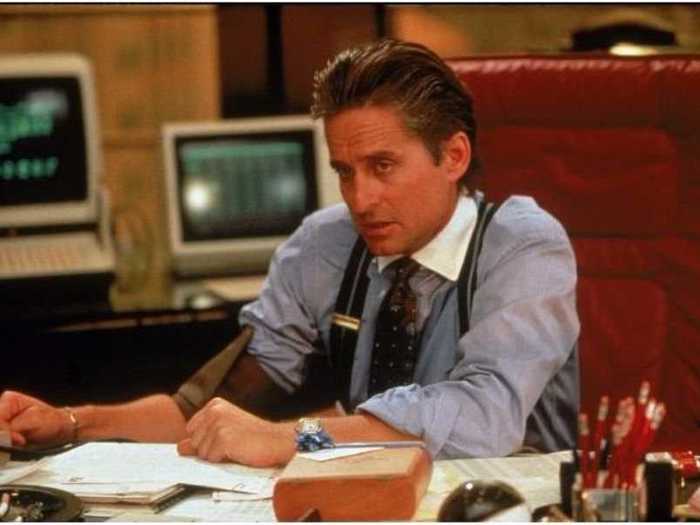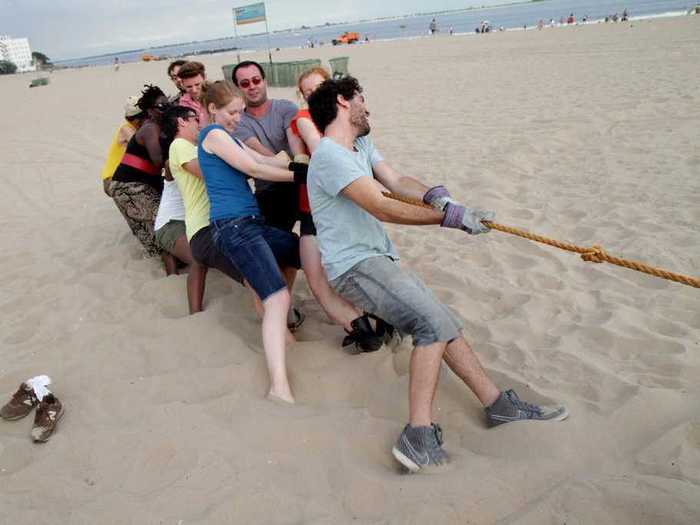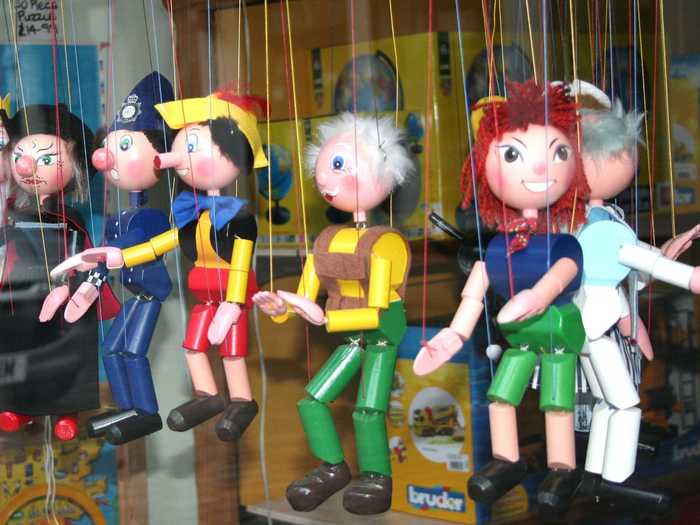They got too greedy.
"If you push the investors too hard in particular in valuation, out of their comfort zone ... sometimes they will still do the deal. If you do a deal like this, you may get a great deal. But you will be resented.
And that means, you better hit your numbers. Every month and every quarter ... take one misstep, miss one quarter, and he or she will take you down if they have someone else 'better' to put in." — Jason Lemkin, VC and founder of Echosign
They were not the right fit.
"Generally it is because the founder no longer fits the organization. This happens for several reasons that are often variations of the founder is good at starting companies (discovering markets and solutions) but not good as stabilizing (making routine) or scaling (adjusting to shifting markets). Sometimes founders need to make the difficult decision to hire their boss, sometimes they choose to leave, often they are fired." — Joe Albano, Over 30 years experience advising business leaders around the world.
They had a bad board that made bad decisions.
"Nowadays I have seen many investors make rash decisions about founders/CEOs. In a startup there will be things that go wrong. That is the nature of the game. Those problems get discussed at the board. If the board does not know how to help the CEO solve them, too often the board solution is: get someone else in to solve these problems. Instead of helping the CEO solve the problems." — Mansour Salame, CEO of FrontSpin
They failed to adapt to a maturing company culture.
"The close relationship between founders, forged over years of all-nighters and ramen, can become an obstacle rather than an asset. A roommate from college isn't necessarily going to have the same type of professional relationship that is appropriate for a CEO and a head of product or head of engineering, for example. What used to be (appropriately) a come-to-consensus process is now (appropriately) a gather-input-and-make-a-decision process. That can be a tough cultural change for best friends to swallow." — Anonymous
They fell victim to power struggles and office politics.
"Often founders accept to bring in a CEO, and then there ensues personality clashes, power struggles, and related politics. I experienced this myself, and have written about it elsewhere." — Sramana Mitra, Founder/CEO of 1Mby1M global virtual accelerator
They failed to meet the numbers.
"Founders who don't meet their deliverables may get a 'pass' for awhile if the overall brand of the company is publicly tied to their personal identity. However, eventually shareholder pressure will send them packing." — Thomas Frank
They simply gave up too much control.
"The founders get fired when they've turned over majority control of their company to others in exchange for working capital, and the investors lose faith in the founders' ability to create value." — Ian McCullough
They hung on to their original vision for too long.
"Founders can often hang on to a vision they originally had for the business and not see the different perspective an exec board has the experience and view to see ... if you are a founder that constantly questions yourself as well as your business then the founder concerned is better positioned to carry on making the right decisions for the business." — Guy Lewis








